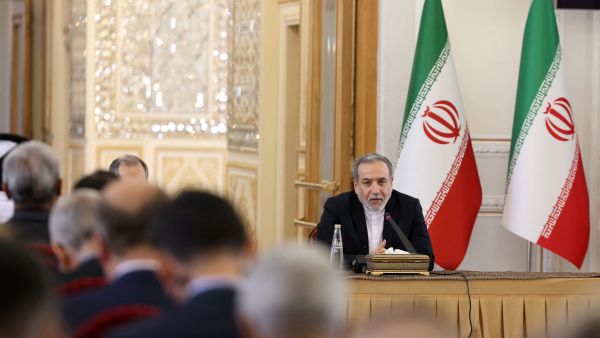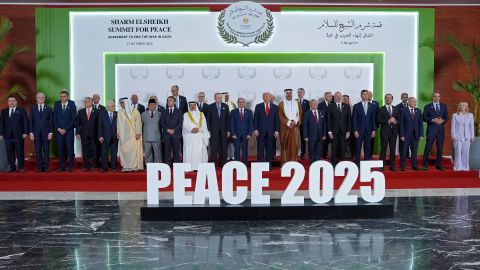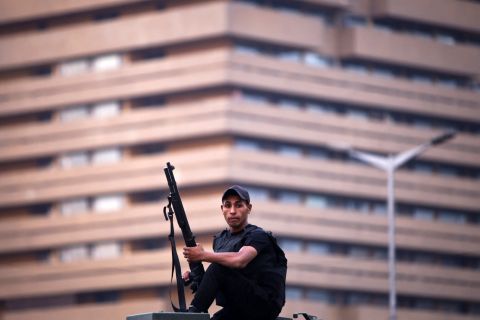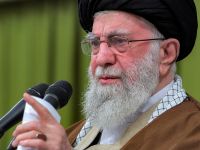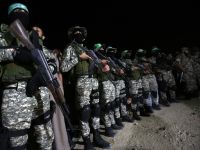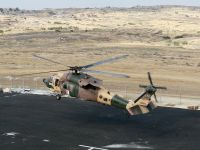ALBAWABA- Iran’s Foreign Minister Abbas Araghchi launched a scathing critique of U.S. President Donald Trump on Tuesday, accusing him of hypocrisy for “preaching peace while fueling wars” across the Middle East.
The remarks came a day after Trump’s high-profile speeches before Israel’s Knesset and at the Gaza Peace Summit in Sharm El-Sheikh, where he credited U.S. and Israeli strikes on Iran’s nuclear facilities for preventing a nuclear threat and stabilizing the region.
In a post on X, Araghchi dismissed Trump’s claims about Iran’s nuclear program as a “big lie,” asserting that “there is zero evidence” of weaponization, something, he said, even U.S. intelligence has confirmed.
“Mr. Trump can either be a President of Peace or a President of War, but he cannot be both at the same time,” Araghchi wrote, calling out what he described as the American president’s double standards.
He accused Trump of betraying his campaign promises to end “forever wars” and of allowing Israel to “deceive and manipulate” U.S. policy. Araghchi condemned the June 2025 U.S.-backed airstrikes on Iranian facilities, which Tehran claims killed more than 1,000 civilians, including women and children.
“How can we trust an olive branch from the same hand that bombed our people?” he asked. “One cannot be branded a President of Peace while aligning with war criminals and provoking endless conflict.”
While reaffirming Iran’s readiness for “respectful and mutually beneficial diplomatic engagement,” Araghchi warned that his country “knows how to resist and fight back against injustice,” pointing to what he called recent Israeli “setbacks” in the region.
He also cautioned Arab leaders against using Iran as a pretext for normalization with Israel, denouncing such moves as complicity with a “genocidal entity.”
Trump, speaking in Jerusalem on October 13, had hailed the “destruction” of Iran’s nuclear capabilities, saying, “If there were large-scale nuclear weapons in the hands of Iran, we wouldn’t be here today.”
At the subsequent Sharm El-Sheikh summit, co-hosted by Egypt, he framed the Gaza ceasefire and the release of Israeli hostages as evidence of his administration’s success in ushering in what he called “a new dawn for the Middle East.”



